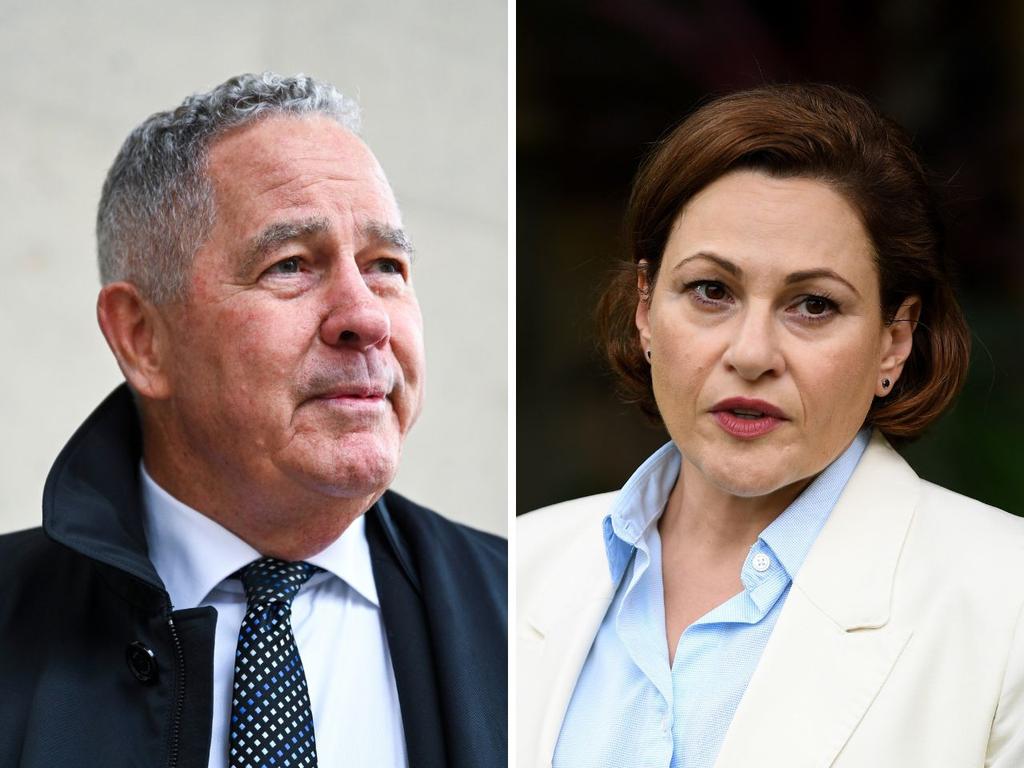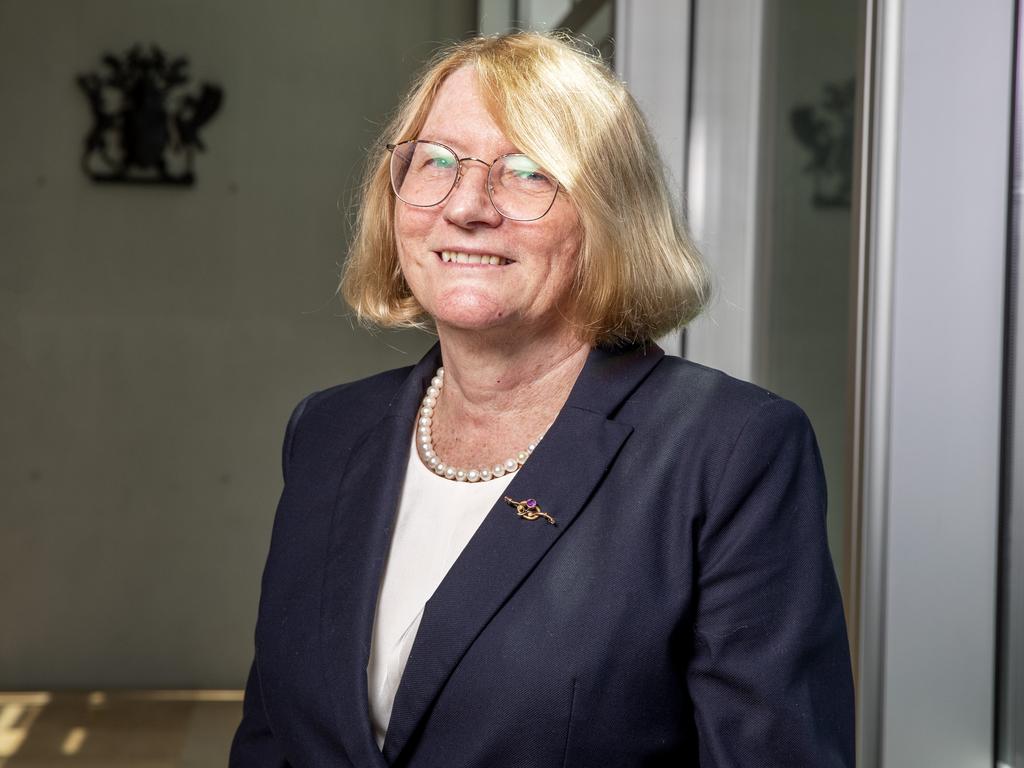Editorial: Muzzling state’s watchdog a risk
Why is it that a generation of Labor politicians who came of age during the Fitzgerald era repeatedly chip away at the resulting reforms, asks The Editor.

Opinion
Don't miss out on the headlines from Opinion. Followed categories will be added to My News.
Why is it that a generation of Labor politicians who came of age during the Fitzgerald era repeatedly chip away at the resulting reforms?
The decision this week by the Miles government to accept without question a proposal to muzzle the Crime and Corruption Commission is the latest example.
The CCC traces its origins to that landmark 1989 Fitzgerald inquiry into institutional corruption in Queensland. Its mission is: “To continuously improve the integrity of, and to reduce the incidence of corruption in, the public sector”.
Despite some recent missteps, it has done a generally good job of doing that. All the major integrity reforms in this state since Fitzgerald have come about either via The Courier-Mail’s fearless reporting or through investigations by the CCC.
But despite this proven track record of encouraging openness, transparency and honesty in the state’s public administration, state cabinet this week accepted all 16 recommendations in former chief justice Catherine Holmes’ review of the CCC’s reporting functions – changes that will, if enacted, substantially restrict its ability to publicly report on its activities.
Specifically, the CCC would no longer be able to criticise, or offer opinions on, the behaviour of politicians and bureaucrats cleared in corruption investigations – a practice it uses regularly as part of its corruption-prevention education activities. This commentary tends to be along the lines of: “They weren’t guilty in this case but here are some lessons to be learned from this.” Critical stuff, one would think.
The government appointed Ms Holmes to lead a review into the CCC’s reporting practices after a successful High Court challenge by former public trustee Peter Carne to block such a report.
The precedent in that case also meant Queenslanders would never see a report into allegations against former deputy premier Jackie Trad.
Neither Mr Carne nor Ms Trad have been accused of wrongdoing following their CCC investigations.

Ms Holmes’s solution is that laws should be introduced to allow the release of such reports, but also that Commission should just stick to the facts – rather than passing judgment, or implying so, through commentary.
Google the definition of muzzling – you will find it is exactly what is being recommended here.
However, we do accept this recommendation is an attempt to ensure natural justice and to protect individual rights.
The rule of innocent until proven guilty applies to everyone – even politicians and bureaucrats. And so just because the CCC has done some investigating, the question is: should the watchdog have the right to turn now-cleared suspects into case studies for the greater good – whatever the personal cost?
On that question, Ms Holmes was unequivocal: “It has become clear over the course of the review that … giving the commission an unlimited discretion to report and speak on investigations, whether the kind of conduct investigated is minor or serious, individual or systemic in nature, whether in fact any evidence of corruption has emerged, whatever the status of the individuals concerned – elected or employed – is not the answer.”
And so, she has come up with some recommendations that do, in fact, muzzle the commission – to the extent that they dictate what the CCC can say publicly. Again, she says any criticism or opinion should not be allowed about the conduct of an elected official if they are found to not be guilty of a related offence.
Ms Holmes: “While the work of anti-corruption commissions is vital, it can be accompanied by a human toll – which requires safeguards to protect individuals … caught up in the process.”
Noting how that position “almost certainly will not please all”, Ms Holmes nevertheless argues the result would be a “workable regime which balances the considerations of human rights protection and the desirability of public sector transparency and accountability”.
It is now over to the government to find the right balance as it drafts the legislation. We would just remind them of our view that the public always has the right to know.

GOLD MEDAL SHOUT-OUT
Well done to Cindy Hook for her courage in breaking cover and making an impassioned – if still ever so slightly veiled – plea for a better option for Brisbane’s 2032 Olympic and Paralympic stadiums.
The organising committee boss urged Queenslanders disappointed with the current plans to make their view known to our political leaders.
“If you think Brisbane is a growing city that needs a new stadium I encourage you might want to speak up on that,” Ms Hook told a packed-out business lunch yesterday – prompting immediate applause from the room, a sign that many are frustrated with what Premier Steven Miles has planned.
The Courier-Mail, of course, could not agree more. We have proudly been at the vanguard of those who have already declared that Brisbane deserves better than a reheat of the venue at which we watched track and field in 1982 at the Commonwealth Games.
But the only way Premier Miles will know we are not in the minority is for you to join that chorus.
Responsibility for election comment is taken by Chris Jones, corner of Mayne Rd & Campbell St, Bowen Hills, Qld 4006. Printed and published by NEWSQUEENSLAND (ACN 009 661 778). Contact details here
More Coverage
Originally published as Editorial: Muzzling state’s watchdog a risk








